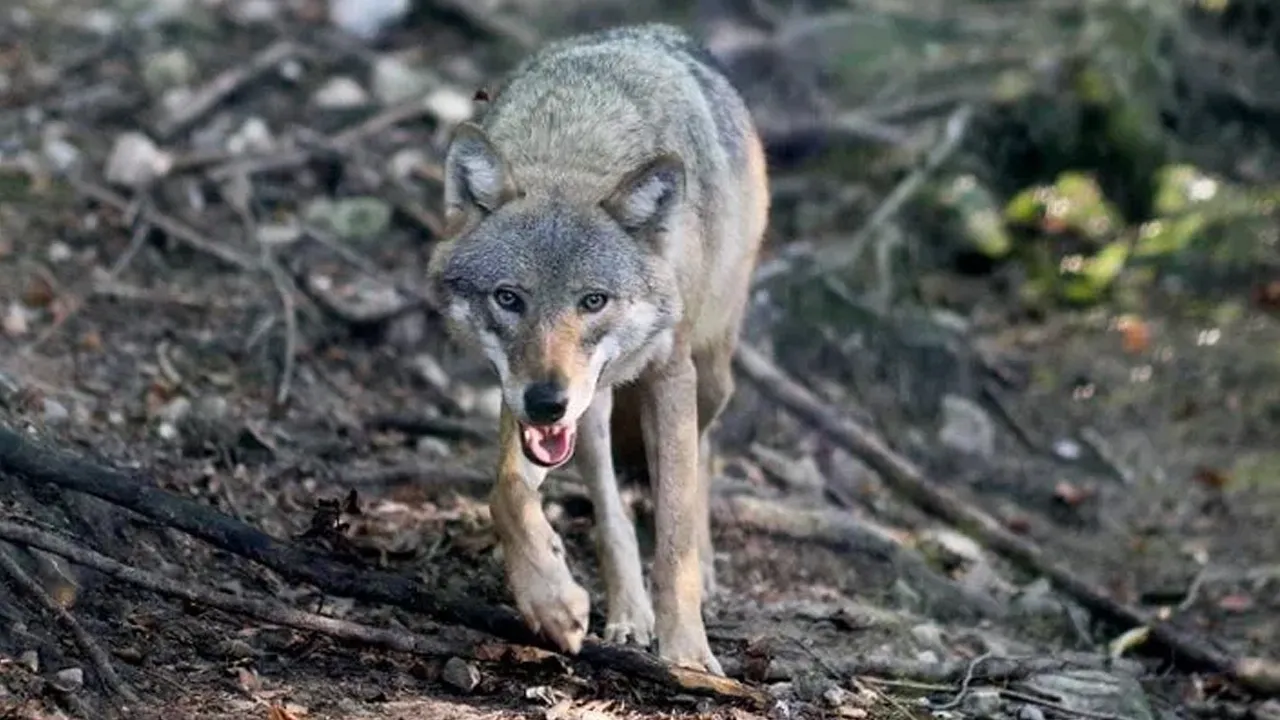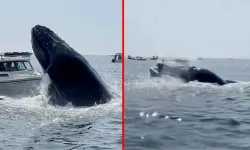Accordingly, hunting may be allowed, taking into account the conservation of populations and subject to the obligation of Member States to work for the protection of their habitats.
It will be up to member states to regulate wolf hunting as they are responsible for implementing the Habitats Directive, the European legislation on the protection of wild flora and fauna.
"The return of wolves is good news for Europe's biodiversity, but the concentration of wolf packs in some European regions has become a real danger, especially for livestock," said European Commission President Ursula von der Leyen, who was directly affected and outraged when a pony she owned was killed by a wolf on September 1, 2022.
Since then, von der Leyen has made it a relentless business, putting the wolf issue high on her agenda. Despite those in the European Parliament pointing out that it would take years to carry out a proper wolf census, the Commission launched and closed an analysis procedure that today marks the end of wolf protection. That is, if the co-legislator agrees.
To pave the way for wolves to mate in Europe, the EU needs to amend the Bern Convention, an international treaty on the protection of wildlife and the natural environment. The EU can submit amendment proposals to the Standing Committee of the Convention, and the Commission's current proposal to reduce the protection status from 'strict protection' to 'conservation' would need to be approved by a qualified majority of member states in the Council for the EU to present its amendment proposal at the next meeting of the Standing Committee of the Convention and support it in a vote. The next meeting of the Standing Committee for the Brussels proposal is scheduled for the end of 2024. However, the EU could request an earlier meeting if deemed necessary.
What is certain is that Europe d'von der Leyen is declaring war on wolves, claiming that repopulation is happening too fast. The EU executive says that today the species is present in all countries in continental Europe, with some countries hosting large populations of over a thousand. Wolf populations have increased significantly over the last two decades and continue to show overall positive trends. These are the reasons for what is bound to be a controversial decision.















